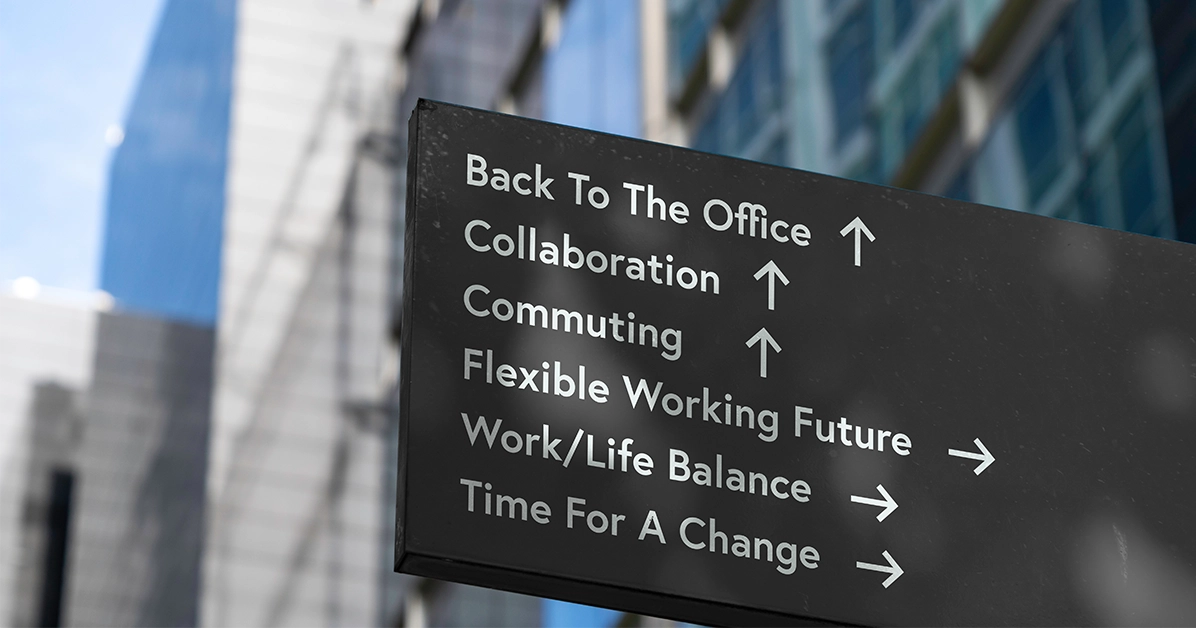Key Takeaways
- Working flexibly doesn't have to mean in isolation
- Allowing employees to work flexibly increases productivity and employee wellbeing
- It's important to allow people to work in such a way that allows them work/life balance
At Aquent Australia, flexibility in the workplace is more than just a buzzword for us; it’s a fundamental part of our work culture. We understand that people crave balance in their lives, and our flexible work policy empowers our employees to take control of how they’d like to achieve this. We’ve provided a framework and work environment that accommodates their unique circumstances and suits their individual needs.
I’m not just talking about working from home. It comes down to whatever works best for our people. Everyone has individual needs and we are flexible with how they want to work.
This could be 100% remote—we have some people who chose to move regional, post-COVID and they only fly in for special events. Some of the team prefer a hybrid work model where they mostly work from home but come together to collaborate or enjoy each other’s company using their Aquent WeWork licences, and some prefer to meet up more frequently.
Our teams have let us know that they are happy to come in and they love the in-person collaboration
On occasion, if we have special company-wide events or the need for in-person team collaboration, we invite our teams to join us at a WeWork location.
Our teams have let us know that they are happy to come in and they love the in-person collaboration, however, it has never, nor will it ever be a forced, regular, weekly occurrence.
Flexibility doesn't mean isolation
To remain inclusive, we have implemented strategies to maintain team connectivity and ensure that our employees remain engaged and connected, even when working remotely.
The COVID-19 pandemic brought remote work to the forefront, but we had already embraced it as a key aspect of our flexible work policy, so we didn’t experience the technological challenges or collaboration nightmares that many other agencies experienced when they were thrown into the deep end.
The technology that Aquent uses allows us to work seamlessly with our teams online. Individuals can choose to communicate via video, audio, or shared documents. And if they are feeling creative they can even meet inside our immersive environment (Metaverse) the Aquent Pavilion, which is accessible with, or without a headset.
Flexible work has numerous benefits
Remote work has proven to be a game-changer, enabling our employees to work in a way that suits their personal lives, while also maintaining their professional commitments.
We’ve seen from our teams that they are loving the swap out from commuting to keeping healthy by exercising and spending more time with their family and/or pets. Household chores are easier to get done, and for parents of young children or schoolgoers, the caring, pickup, and drop-off are stress-free. This leads to happier, healthier people who value their work/life balance at Aquent, our work culture and want to stay with us.
Outcomes vs clockwatching
As an organisation, we have chosen to focus on outcomes, rather than having to clock in from 9-5. The result? We’ve noticed an increase in productivity, higher job satisfaction, and improved work-life balance since allowing people to work in a way that’s right for them. The work gets done and it has proved to us that it’s about the quality of output.
Flexible work supports sustainability
This flexible working decision has also allowed us to aim big with our sustainability goals. To reduce our carbon footprint and become carbon neutral by the end of 2023, we have given up our office leases not only in Australia but around the world. This goal has been driven from the top down, with our CEO John Chuang leading the way.
Boosting employee morale and productivity
Aquent Australia’s flexible work policy isn’t just about giving our team members more control over their schedules; it’s about boosting morale and productivity. We firmly believe that a happier, more content workforce is a more effective one.
When employees can manage their work in a way that suits them, they experience reduced stress and burnout. They can better juggle personal and professional responsibilities. As a result, they bring a renewed sense of energy and enthusiasm to their roles, resulting in increased productivity and creativity.
We will of course continue to adapt and evolve to meet the ever-changing needs of our workforce. What we do know is that the future of work is flexible, and we are proud to be leading the way.
This blog was originally posted on TALiNT International. Read it here.
Latest.

Hiring in Australia: 5 trends redefining our job market
Hiring Insights, Industry Trends, Ask Aquent, Leadership

How to avoid creative burnout and refill your creative tank (before you really need to)
Thought Leadership

AI adoption failing isn’t the tech, it’s the people. How smart businesses overcome this.
Technology, Thought Leadership, Industry Trends





